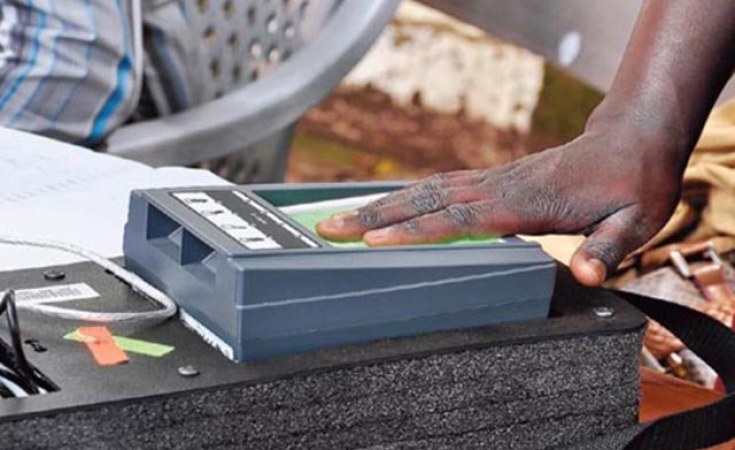This article will try to present to the Liberian people what it takes to setup a Biometric voting system and why it may not be possible with just 7 months to elections. And why any attempt to force this system before elections will reinforce the already negative perceptions about the elections. The article doesn't intend to fault responsible institutions .Rather, it will bring to light the logistical and logical timing of what is needed for a smooth Biometric voting process.
Is it possible?
The possibility of implementing a biometric voting system in Liberia with just seven months to the election has been and is a topic of much discussion and debate amongst Liberians. The use of biometric technology may seem like a logical and fair way to ensure the integrity of the voting process, but there are several factors to consider before determining if it is feasible in a short amount of time.
To begin, the implementation of a biometric voting system requires significant investment in equipment, software, and infrastructure. This includes the installation of biometric devices at all polling stations, digitization of the voter registry, and the training of election officials to operate the new technology. Given the limited time available, it may not be feasible to complete these tasks in time for the election.
More so, the credibility of the biometric voting system is dependent on the accuracy and reliability of the technology. In Liberia, there may be challenges related to the accuracy of biometric data due to the high illiteracy rate and lack of proper identification documents and a national database system at the central and local governments. Addressing these issues may require additional time and resources which may not be available within the six-month timeframe.
Furthermore, the introduction of a new voting system in such a short time frame may also lead to confusion amongst voters, resulting in a low turnout during the election. The lack of awareness and education about the biometric voting system may cause voters to be hesitant or reluctant to participate.
Also, the current political climate in Liberia may not be conducive to the implementation of a new voting system. There may be concerns that the new system could be manipulated or hacked, leading to allegations of electoral fraud and further political instability in the country.
I want to submit that while the implementation of a biometric voting system in Liberia may appear to be appealing, the reality is that it may not be feasible within the limited timeframe of seven months. The logistical, technical, educational, and political challenges that need to be addressed are substantial and may take longer than seven months to complete. As such, it may be more prudent to focus on improving the existing voting system to ensure its integrity and fairness.


